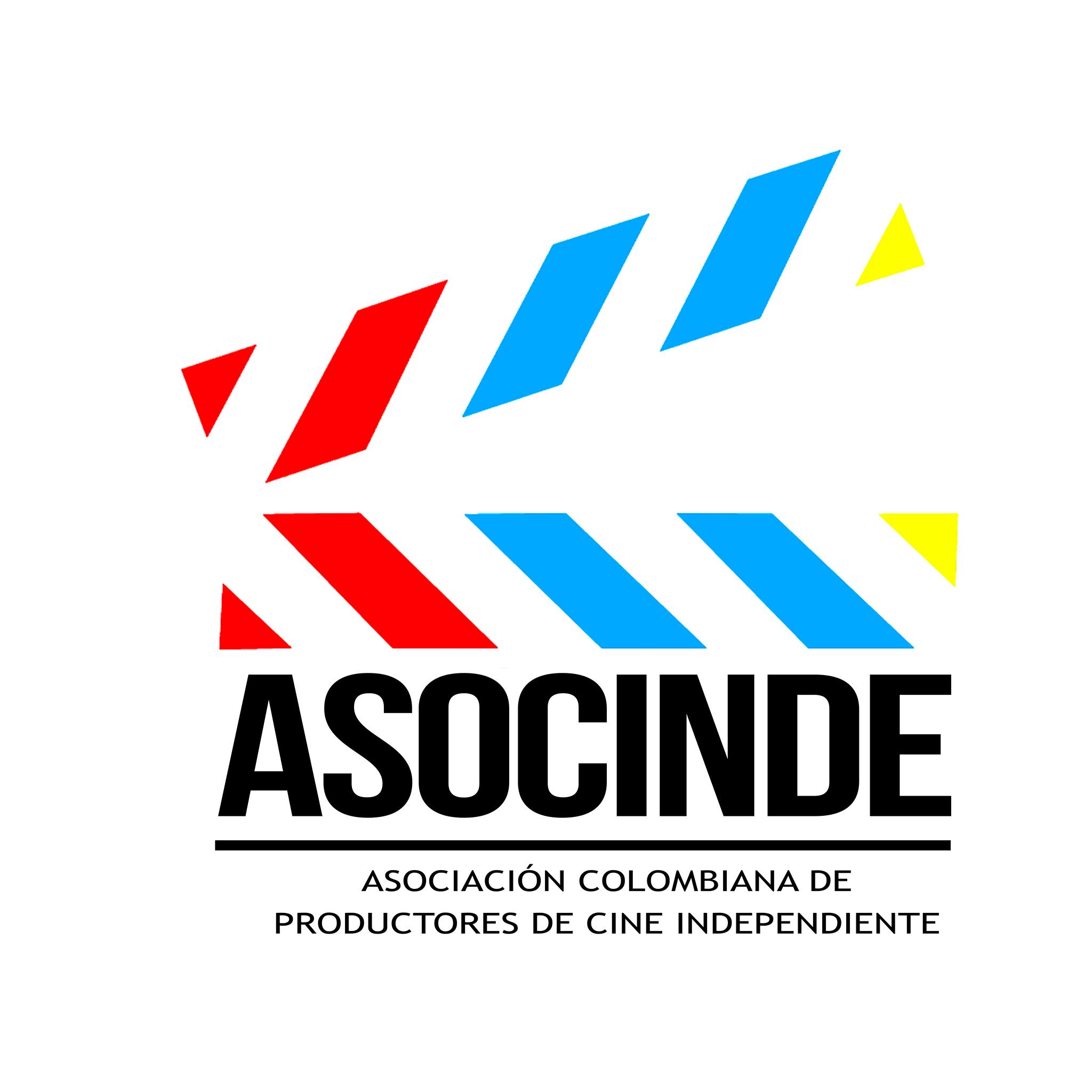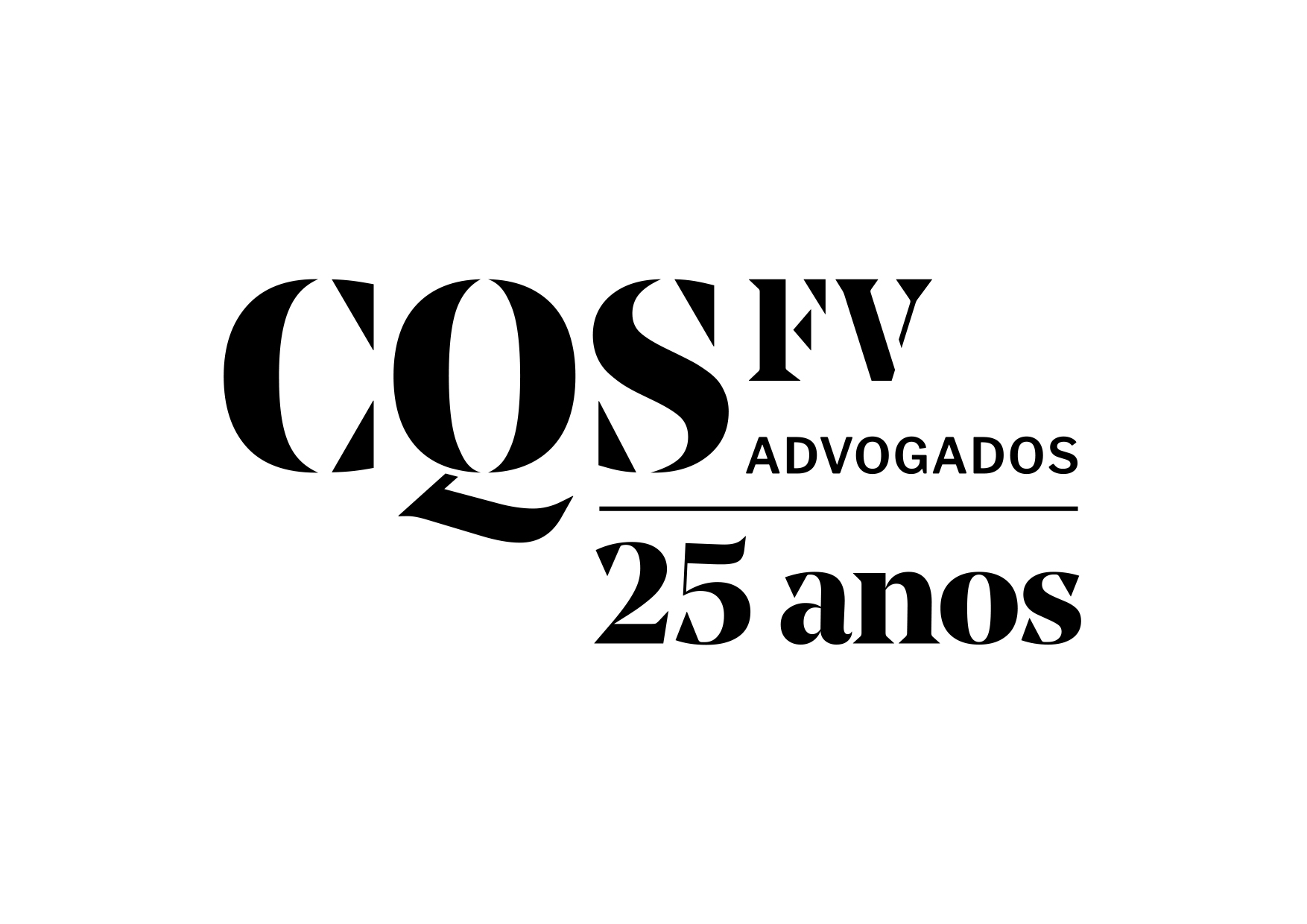The strength of the audiovisual industry is one of the highlights of the new edition of Brazilian Business, a publication of the American Chamber of Commerce of Rio de Janeiro. According to data of the Ministry of Culture in the article by Bianca Gomes, in 2017 the creative economy represented 2.64% of the national GDP (and 4% in the State of Rio), and represented one of the ten leading economic activities of Brazil, generating one million direct jobs.
The article indicates that one of the ways to exploit the huge potential of income generation of the creative industry is to position Brazil together with the world’s largest producers through the full use of resources in the Audiovisual Sectoral Fund (FSA). “By reducing bureaucracy and making Ancine (National Film Agency) more transparent, and with greater participation of private investment, the principal goal in the next ten years is to place Brazil among the five leading audiovisual markets on the planet,” stated the President of the agency, Christian de Castro.
The article also highlights other important initiatives such the creation of film commissions. “In order to expand the audiovisual industry, several municipalities are adopting the film commission (international denomination for an office for the support of content production” according to Steve Solot, Director of the Rio de Janeiro Amcham, President of LATC and Executive Director of the Brazilian Film Commission Network-REBRAFIC. Rio de Janeiro State is one of the pioneers in this area. In addition to the Rio Film Commission, there are also film commissions in operation or in development in Macaé, Nova Friburgo, Petrópolis, Parati, Barra do Piraí and Niterói.
In fact, the city of Niterói is currently attracting national and international attention. The Secretariat of Culture of Niterói and the Art Foundation of Niterói, in partnership with Ancine, announced an Audiovisual Promotion Fund last April. The plan is for Niterói to become the “Audiovisual City”. Investments of R$6 million are planned for production of films, TV series and new media content, part of which will be reserved for international production. Creation of an International Film Festival and a new fiscal incentive are planned though reduction of the Service Tax (ISS). Incentives based on tax credits, such as those in Chile, Colombia, Panama the Dominican Republic and Mexico are attracting major international film and TV productions. The new Niterói Audiovisual Promotion Fund will be an important step in this process, according to Solot.
To read the complete article click here (in Portuguese).
















